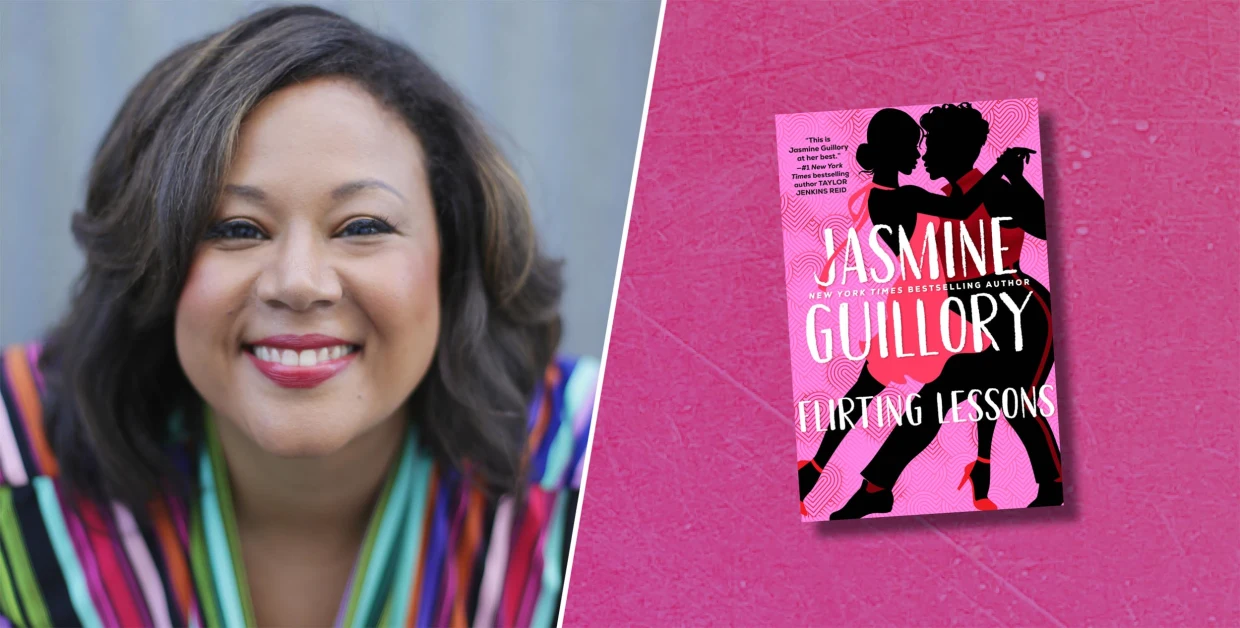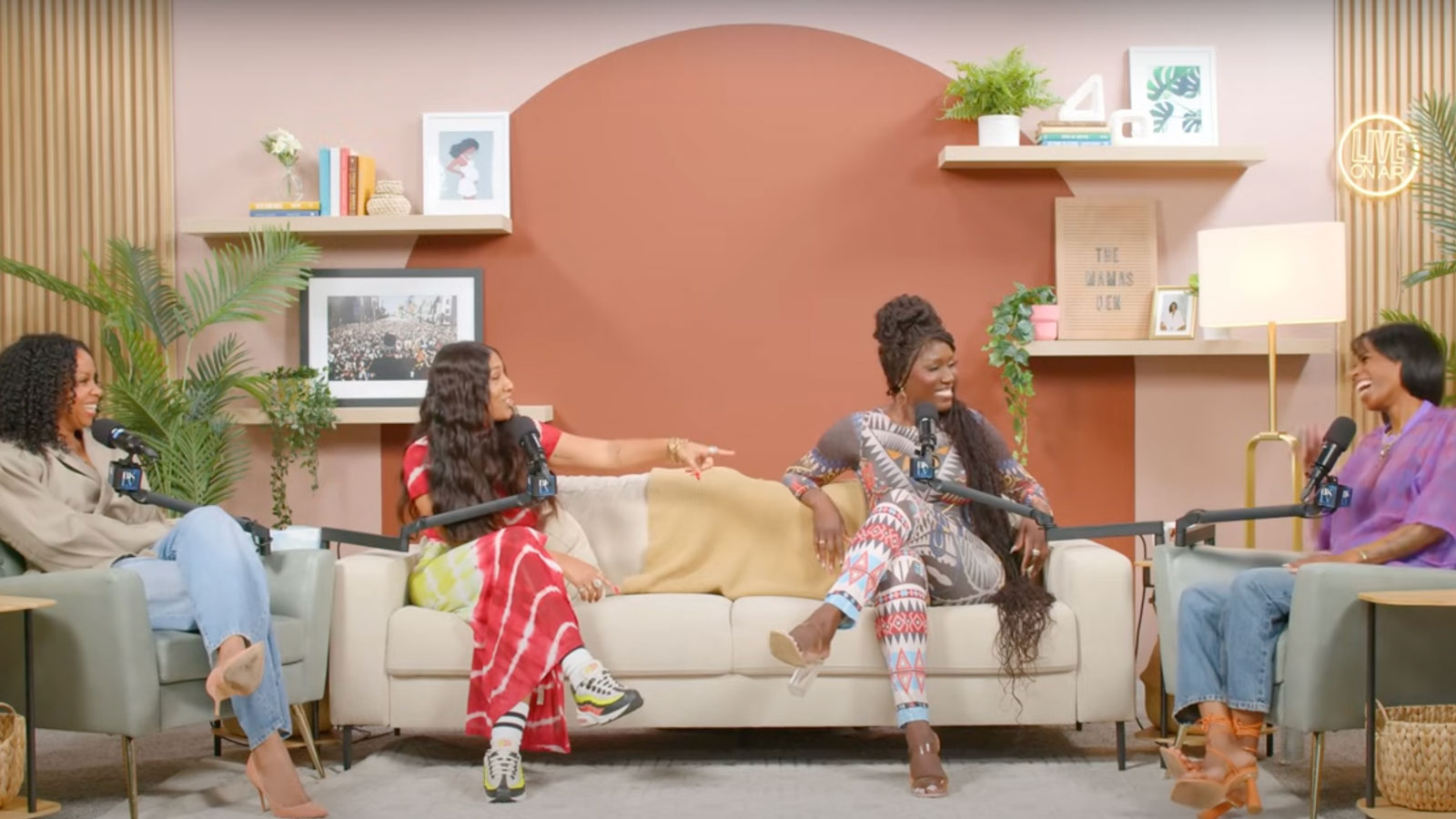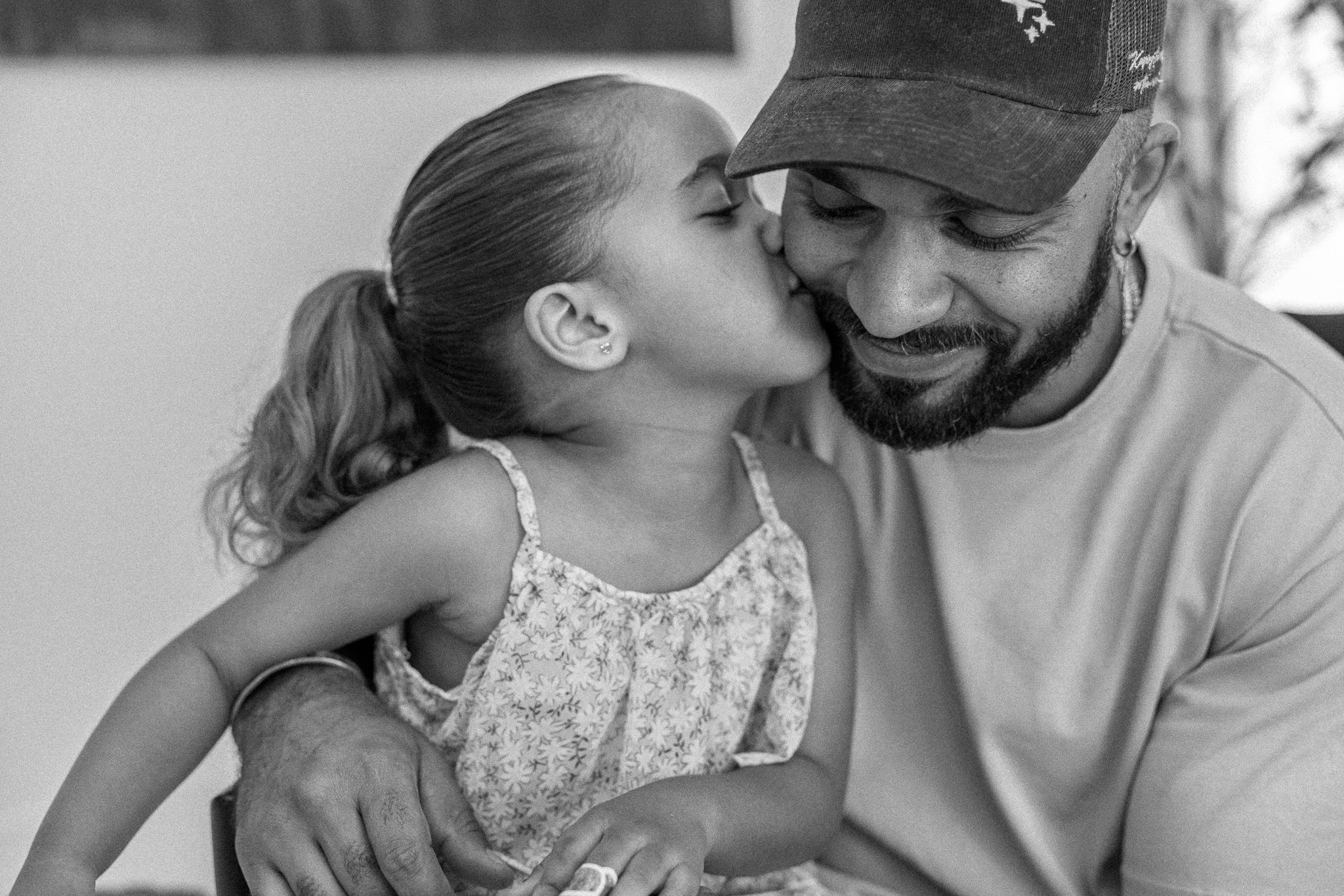
Dr. Ally
Courtesy of @allycinhicks
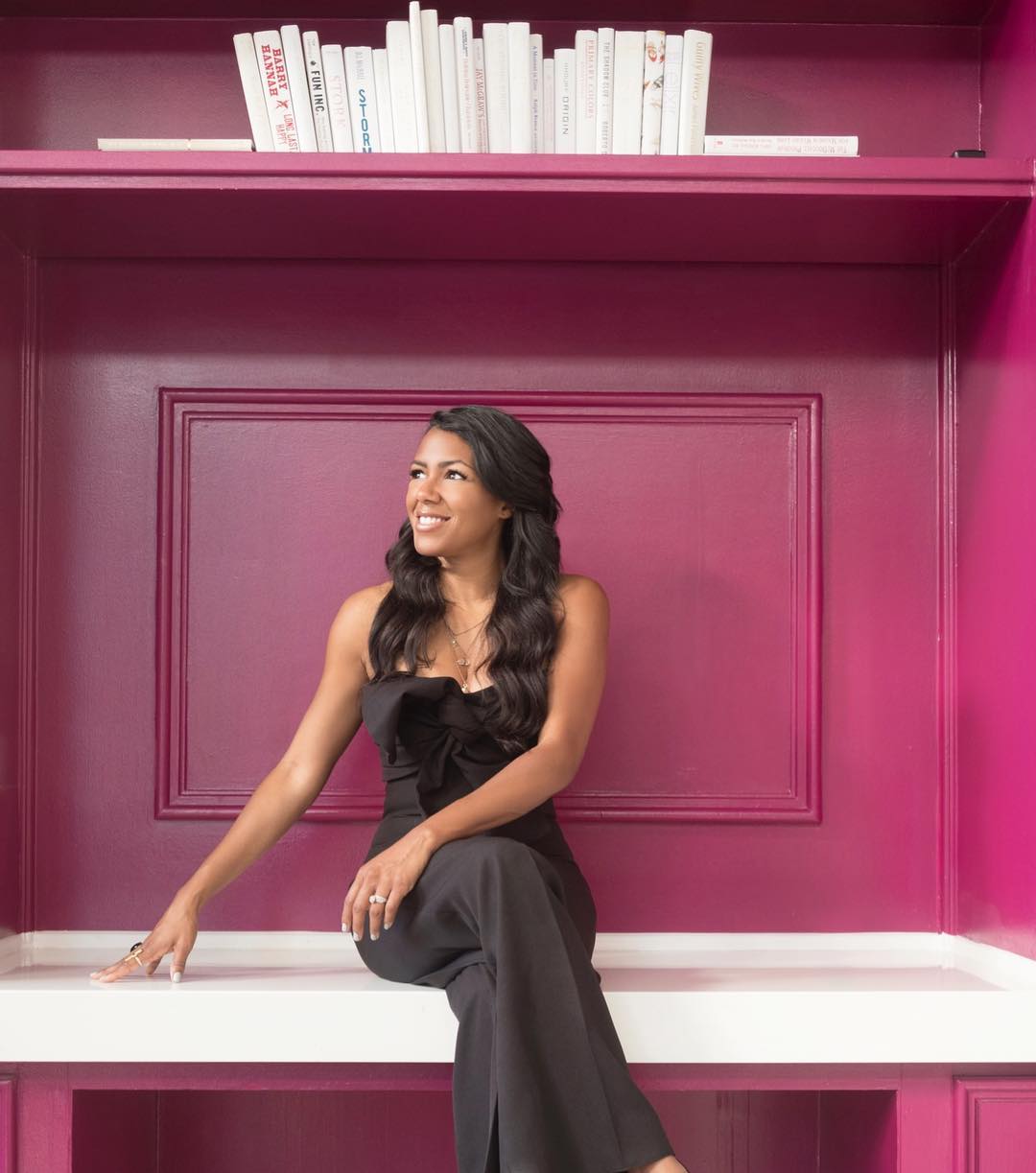
Courtesy of @allycinhicks
Dr. Allycin Powell-Hicks, PhD is a huge part of the Black Love family and one of our expert columnists who has guided us through several topics from how to navigate arguments effectively to how to embrace gratitude as a way of life. Now, Dr. Ally is sharing the obvious and not so obvious points about the importance of mental wellness.
After receiving her PhD in Clinical Psychology from Loma Linda University and completing her training at Cedars Sinai and Kaiser Permanente Medical Centers, Dr. Ally founded the DOUX Consulting Group. She has become a regular contributor on NBC’s Access Live and The Mo Kelly Show, and she cohosts the DASH Radio relationship show and podcast Spicy Life.
In the spirit of making sure that we take care of our mental and emotional health as well as our physical, this week’s edition of Wellness Wednesdays features Dr. Ally’s journey as a mental healthcare professional, shares how she implements self care into her routine, and explains what Black women need to know to combat stress and burnout and prioritize both our mental and physical health.
blacklove.com: What inspired you to become a mental healthcare professional?
Dr. Ally: Inspiration is an interesting choice of word. I don’t feel that I was inspired to enter mental health. I was inspired to be more of a creative and artist, but I was called to mental health. It was more of an unavoidable driving force, which served to connect the artistic and empirical pieces of myself. I have used the inspiration of creativity and art as a means to transform people with the information and experience gathered through my calling.
BL: When you began your journey to becoming Dr. Ally, were there ever moments that you wanted to give up? What ultimately helped you push through the moments where you may have wanted to let the dream go?
DA: I second-guessed my decisions a few different times through my education and post-doctoral work. During my moments of questioning, it seemed like the world was crashing in on me, as I had made an expensive and time-consuming decision to get a PhD. I remember one year, I didn’t get an internship I wanted, I was mortified. It’s not like I got another one…I got nothing. Just a letter basically saying see you next year. Every negative word from professors and supervisors came rushing in on me like high tide. I mourned the loss of what I perceived as my only way forward for at least a solid week. Like a week of crying jags and panic attacks. But one day I became reticent and made the decision to reach out to my current externship and ask if I could stay there one more year. They said yes, and that extra year yielded three publications that never would have been if I ended up on an internship that year. I’ve always rallied quickly, that I learned from my mother. If you know her, you know she’s seriously a force to be reckoned with. She taught me early on that failure is an illusion. There are many different ways of looking at missteps and structuring them into a learning experience and motivational fodder for future successes.
BL: How did you decide which aspect of psychology to focus on and practice?
DA: I changed my focus in the mental health field regularly. Initially, I wanted to be a neuropsychologist, then I tried working in pediatrics, forensics, then I finally settled on health psychology. That’s what my degree was in. But life is constantly changing and evolving so now I work in media and branding and discuss interpersonal relationships frequently on television and radio. When I work with private clients, I am a coach, not a therapist, and work primarily in helping people grow and transition. Most of my work focuses on women and helping them find their inner goddess. Basically, that part of you that people told you to stifle. You know, that “don’t rock the boat” kind of stuff. I help people find their power again.
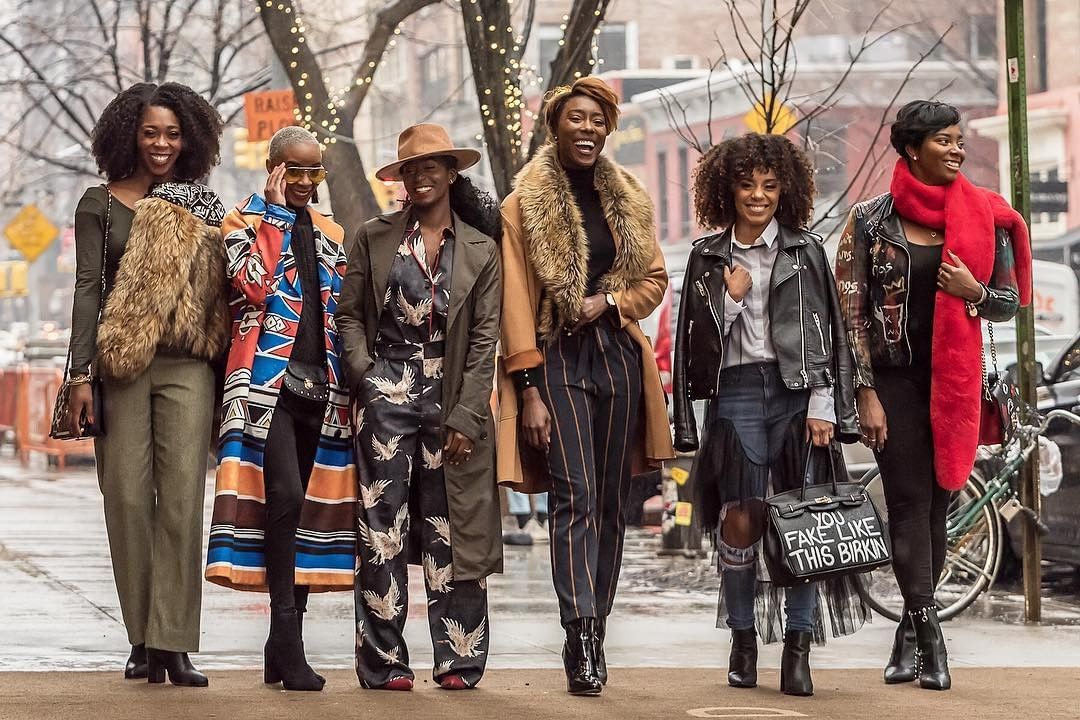
Courtesy of @alongiphoto
BL: One of your focuses is Black women – what are some of the most common issues that we bring to you to discuss?
DA: Black women who see me are most often battling between self and other. They are often caught in the middle of many interpersonal dynamics. They have their family obligations, expectations from church or the community at large, relationship desires, and career aspirations. Finding a way to integrate all of the push and pull into a seamless existence, one that aligns with who they see themselves as and who they want to be, can be a balancing act. I help them take that breath necessary to figure out where balance exists, then we create real plans to help them get what they want.
BL: What are some steps that you believe Black women can take to heal as a marginalized group, but also as individuals?
DA: This is a huge question, as this depends very much on the individual. We are impacted by marginalization differently and have different standpoints within marginalized status. In my conceptualization, it exists on two plains. One, the social or external plain where we are impacted by the views of others, and secondly on the internal plain where external perspectives can shape the way we view ourselves. We can’t wholly change the external plain, at least not quickly, so I will focus on the internal, more controllable aspect.
One of my first points when dealing with anyone is to encourage an ability to focus on the present moment, mindfulness. If we can’t learn to exist now then it will be more difficult to change things that matter for our future. Then I would say, try asking yourself different questions. Many people ask “Why?” “Why is this happening to our community…to me…to the world?” “Why can’t things be different?” These are intellectually stimulating questions but can, in instances, lead to feelings of helplessness. I say switch to “What?” “What can I do to help those people around me now?” “What are the issues I can help address that deal with issues that are important to me?” When we make a shift toward action-oriented questions, we stimulate our brains to solve problems. This simple shift can help an individual move forward and in doing so will turn the focus away from worry and toward hope. Hope is only part of the answer for the marginalized. There are many ways to answer this, and we should probably come back to it in a future interview.
BL: Black women are often a lot of things to a lot of people from the workplace to home – what are some tips that you can share to help us understand the importance of self care and why it has to be a priority?
DA: Self care is fundamental. If you aren’t able to take care of yourself, then you will eventually burn out and will be unable to care for those around you. Self care is mostly about mitigating the effect stress hormones, like cortisol, have on your body. Stress hormones are released when you encounter a real or perceived threat. The perceived part is essential, as you don’t actually need to be in the presence of a threat; you can just think about it. Releasing all of these hormones can have detrimental effects on your body, particularly over time. This can lead to physical and mental exhaustion, among other long and short-term issues, and that never fits into anyone’s plans. Again, it starts with introspection and mindfulness. What are the signs that you are entering a phase of burnout? You want to be able to listen to yourself enough to know before it happens so you can try to shift and get on a more effective path. What activities help you recharge? If you’re more introverted, coping strategies may be solitary things like reading, long baths, hikes, or just sitting in the bathroom hiding from your kids for five minutes taking a few deep breaths. If you are more extroverted, try scheduling dates with friends, group sports, adventuring in a new part of town, or another thing around other people. Getting back in touch with things that make you happy can help recharge your batteries. Then get better and better at identifying stress in your life and recharging your batteries. Everyone will thank you for it.
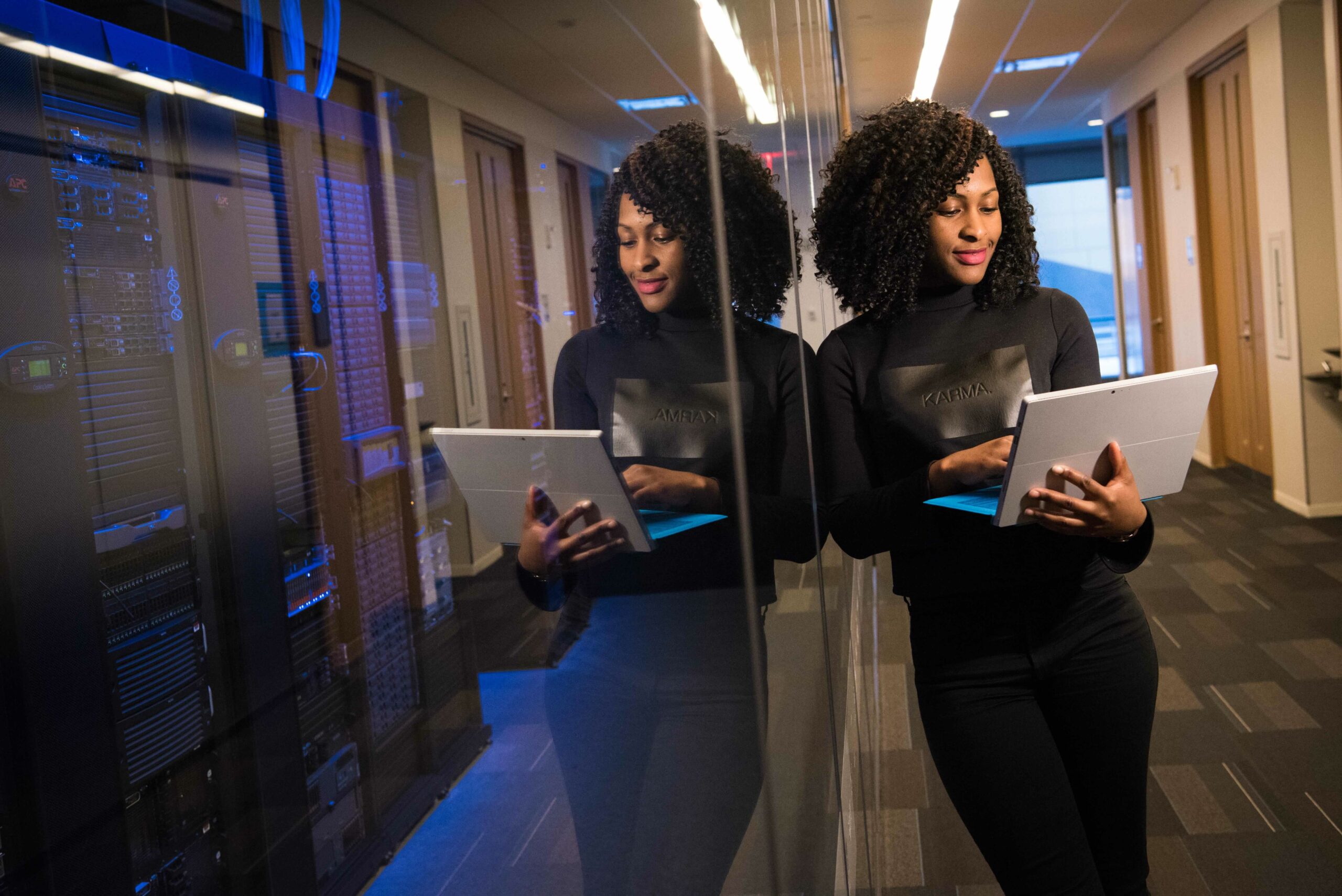
Courtesy of Pexels.com
BL: You’re a psychologist who is also a college professor and a regular contributor to multiple outlets – how do you balance your work life and personal life?
DA: I am super busy, but I schedule as much downtime as possible. Since I do much of my work from home I will take walks between slide presentations, lectures I’m writing, or research I’m working on. I have also built a team around me that can help me do some of the nitty gritty while I have to focus on things only I can answer. Sleep has actually never really been a problem for me as I don’t particularly love sleeping. I know people always have something to say about that. I can stay up late and wake up early, so I get work done during any quiet moment I can find, but I’m most productive between 5 am and 9 am. My husband and I also reserve the evenings for ourselves. We get as much of our work done early in the morning so we can watch movies, cook dinner, or go out together as much as possible. When one of us is on the road, we talk on the phone a lot. Obviously, some days are better than others regarding balancing everything, but I try to stay focused on how accomplished I will feel when it’s all done.
BL: What is your self-care routine?
DA: It’s honestly different every day. I meditate throughout the day because there isn’t always time to sit still on my zafu chanting for 40 minutes. So I will do micro meditations where I shift my attention into my body or focus on gratitude. It doesn’t take long to regulate my body back to where I want it to be. My mornings also often involve reading articles about philosophy or politics. Daily learning is essential to me as I work to integrate it into ways I can apply it to help others. I also love interacting with people and try to talk to my friends and mentors as frequently as possible. Like daily if I can. Being my friend requires a lot of conversation, but they don’t have to be long chats. Then in the evenings, I like to spend time with my husband and check my schedule for the next day.
BL: People often focus on physical wellness, but can you explain the importance of mental wellness and how that contributes greatly to people’s quality of life?
DA: The field of medicine has typically separated mental and physical health. However, we have begun rediscovering that the two are inexorably linked. Our perception of the world around us is like a projection on a screen. It’s perceivable but dependent on the projector. If something were to go wrong with the projector, the perception of the image would be distorted or maybe even indecipherable. That is a unidirectional example. The mind-body connection is multi-directional where the body impacts the mind and the mind impacts the body. An example is when I was talking about stress earlier. If you sit and imagine a loss you’ve suffered, you will begin to feel emotions associated with that loss. You may also note a tightness in your throat or chest, a headache, clammy hands, maybe even an increase in your heart rate. This is because our minds help our bodies make sense of the world around us, thus causing significant physiological changes. So if you, like many others, are dealing with mental health problems, you may also notice some physiological suffering. As the psychological symptoms improve, the physical ones tend to improve as well.
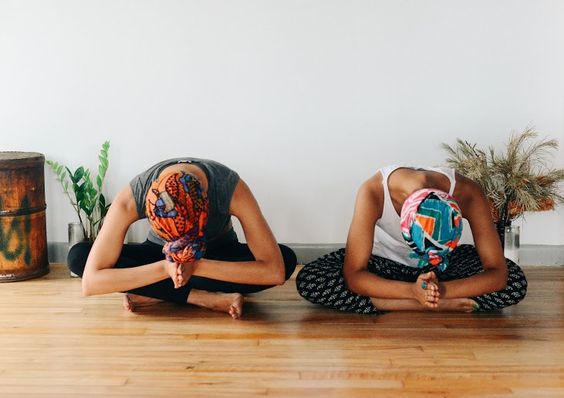
Courtesy of Pinterest
BL: What are your wellness goals for the year and how do you suggest people go about figuring out what areas of their wellness to focus on in order to improve their self care in order to stress less?
DA: My wellness goals involve both physical and mental aspects. On the physical front, I want to increase my stamina for distance running and aerobic exercises. This has always been a problem for me. On the mental front, I am continually working to manage anxieties and transient worries. We all get them and the more we learn to manage them the more potential we can see for our future. I will probably never lose all worry, and I wouldn’t want to, but decreasing the negative impact they have on my life is critical.
Related Articles
Discover why Jasmine Guillory’s latest novel Flirting Lessons is a must-read—and how the author continues to redefine modern romance with layered Black heroines, real emotional depth, and Black literature that feel both magical and true.
Bozoma Saint John talks Black motherhood, grief, self-love, and finding joy again. Don’t miss her powerful conversation on building legacy and living boldly.
Tyler Lepley shows the beauty of Black fatherhood, blended family life with Miracle Watts, & raising his three children in this Father Noir spotlight.
Featured Articles
When Elitia and Cullen Mattox found each other, they decided that they wanted their new relationship together, their union, to be healthier and different.
Celebrate their marriage and partnership with the release of the documentary “Time II: Unfinished Business”
Our intent is to share love so that people can see, like love really conquers everything. Topics like marriage and finance, Black relationships and parenting.
The vision for our engagement shoot was to celebrate ourselves as a Young Power Couple with an upcoming wedding, celebrating our five year anniversary - glammed up and taking over New York.
Meagan Good and DeVon Franklin’s new relationships are a testament to healing, growth, and the belief that love can find you again when you least expect it.
HEY CHI-TOWN, who’s hungry?! In honor of #BlackBusinessMonth, we teamed up with @eatokratheapp, a Black-owned app designed to connect you with some of the best #BlackOwnedRestaurants in YOUR city – and this week, we’re highlighting some of Chicago’s best!

